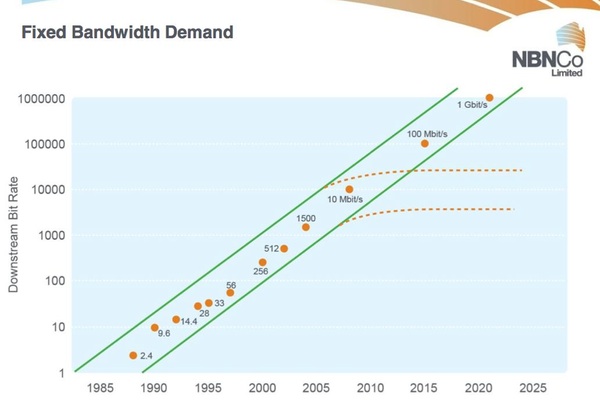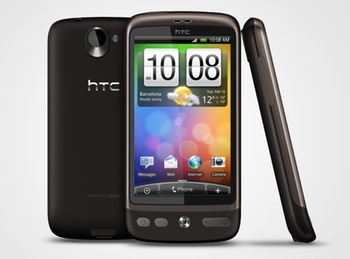[Update 30 July 2010: The conversation continues. Adam Schwab has written a response to this article.]

Two weeks ago in Crikey, Adam Schwab dismissed the National Broadband Network (NBN) as “a poll-driven economic disaster”. His “analysis” is so full of misunderstandings and straight-up mistakes that it’s hard to know whether he’s pushing a pre-election agenda, deliberately trolling or is just an ignorant arsehat.
In a recent piece for ABC Unleased I proposed three tests for the credibility of NBN analysis. Schwab fails all three. He thinks the NBN is an internet service provider (ISP). He wants it to deliver short-term commercial return on investment. And he doesn’t differentiate between needs now and a decade or two or three in the future.
The NBN replaces an ageing copper network with a new one based on optical fibre. Internet access is an obvious application, but it’s also about services from pay TV to security monitoring to health — and, indeed, to good old voice telephone if that’s all you want. An analysis that only considers internet access is missing a lot of potential revenue.
The whole point of public infrastructure is that it generates benefits for all, not just short-term commercial return for investors. Think interstate highways, schools, armies, hospitals, police. It’s what governments do. As Crikey reported last year, OECD modelling shows that savings of 0.5% to 1.5% in just four sectors — electricity, health, transport and education – would indirectly pay for a fibre-to-the-premises network in ten years.
Arguing that current internet speeds are fine for what people currently do is a tautology. If speeds weren’t OK for current activities, they wouldn’t be activities at all.
This graph shows the exponential growth in our typical demand for fixed-line internet speed since we first got dial-up modems in the 1980s. By 2015 the NBN’s initial 100Mb per second speed won’t be that stupid phrase “super-fast” any more, but merely average. Just twelve years from now we’ll want ten times that much, 1Gb per second.
Schwab is proposing that suddenly, today, this growth in demand will take the orange path and stop. Forever. Why would that happen?
All this is enough to dismiss Schwab’s nay-saying as irrelevant. But wait. There’s more…




